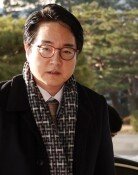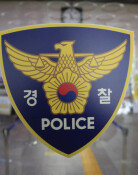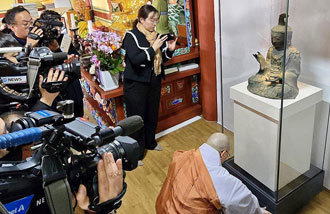Party support rates with unity of factions
Party support rates with unity of factions
Posted January. 25, 2025 07:32,
Updated January. 25, 2025 07:32
According to a Gallup Korea public opinion poll released last Friday, 59% of respondents supported impeaching President Yoon Suk Yeol, while 36% opposed it. Additionally, 50% were in favor of a regime change, compared to 40% who preferred maintaining the current regime. Among self-identified moderates, the disparity was even more remarkable, with 71% supporting impeachment 21% opposing it, and 60% favoring a regime change versus 27% favoring the status quo. All respondents' overall party support rates showed a close match between the Democratic Party of Korea (40%) and the People Power Party (38%). However, moderates believed that the December 3 martial law was unconstitutional and illegal.
Notably, the Democratic Party of Korea’s approval ratings surpassed those of the ruling People Power Party after being within the margin of error in the previous week. This shift is attributed to growing unity among conservatives in response to the arrest and detention of President Yoon Suk Yeol and the impeachment trial, while opposition supporters began consolidating as the likelihood of an early presidential election increased. The proportion of non-partisan respondents decreased by 11 percentage points from the first week of last month, when martial law was in effect, to 15%, a level similar to the week before the 2022 presidential election (14%).
Amid this decline in the non-partisan group, the moderates’ overwhelming support for impeachment—over three times higher than the opposition—and their support for a regime change—more than twice as high as support for maintaining the current government—stand out. Among moderates, the People Power Party’s approval (24%) lagged significantly behind the Democratic Party’s (44%). Furthermore, distrust in the People Power Party (71%) far exceeded trust (22%), reflecting the moderates’ harsh stance toward a party perceived as defending President Yoon, who insisted martial law was legal, and failing to distance itself from far-right elements.
Nevertheless, moderates have not fully aligned with the Democratic Party. The Democratic Party’s approval among moderates falls short of the levels of support for impeachment and regime change, indicating that while moderates are dissatisfied with the ruling party, they are hesitant to see the Democratic Party as a viable alternative. This hesitancy is underscored by the nearly equal trust (44%) and distrust (45%) rates among moderates toward the Democratic Party.
The polarization of the two major parties stems from extreme factional confrontation. To win the trust of moderates—who embody common-sense public sentiment beyond factional logic—the People Power Party must distance itself from President Yoon’s divisive rhetoric and reaffirm its commitment to the rule of law as the ruling party. Meanwhile, the Democratic Party must abandon its unilateralism and demonstrate political leadership that restores stability. With a critical eye, moderates are observing which party can address the democratic regression caused by illegal martial law and resolve the impeachment crisis responsibly, bringing order to the chaos in state affairs.







